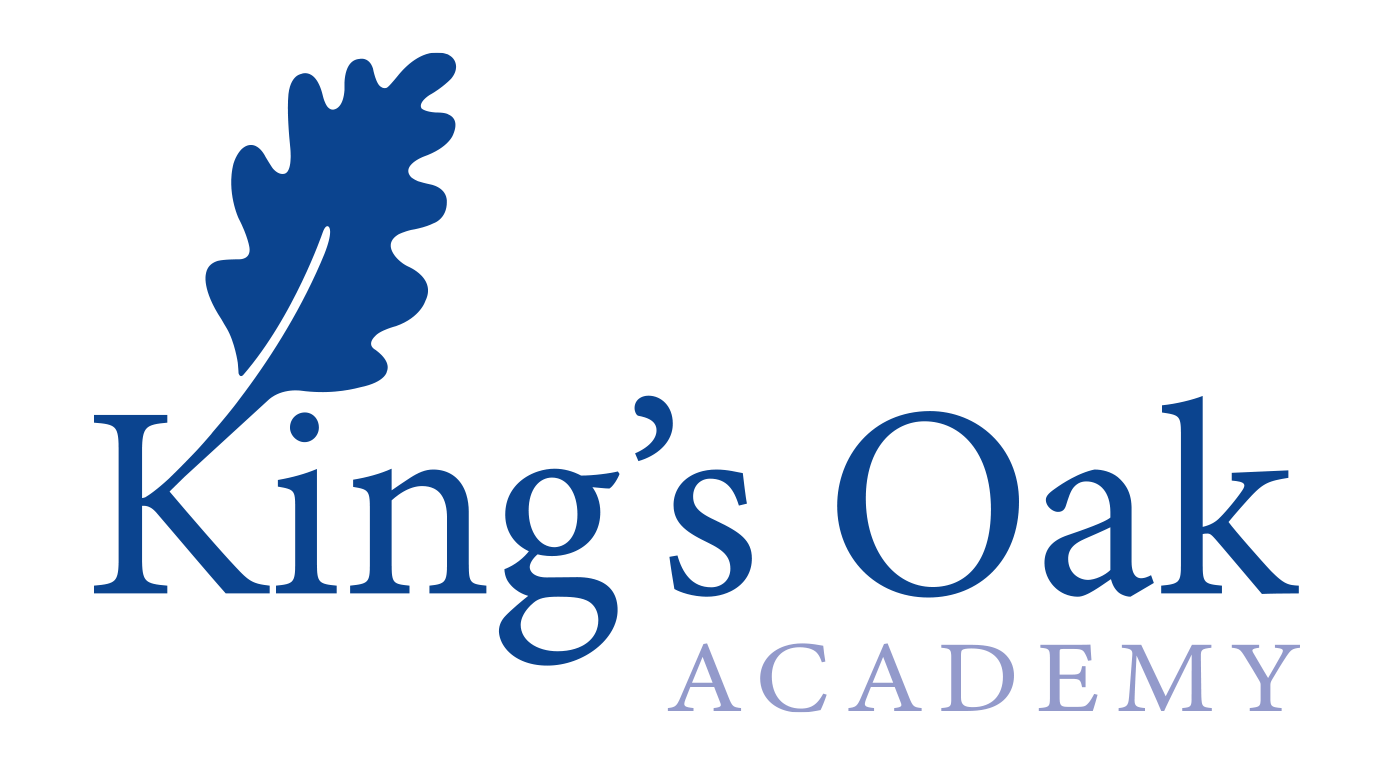British Values Statement
Work Hard – Be Kind
Government guidance requires key ‘British Values’ are taught in all schools and academies. They
define these in the 2011 Prevent Strategy as:
- Democracy
- The rule of law
- Individual liberty
- Mutual respect
- Tolerance of those of different faiths and beliefs
Cabot Learning Federation has clear policies on Equality and Diversity and is committed to promoting community cohesion and fostering good relations between all the staff, pupils and their families who form part of our community.
We recognise and will celebrate the multi-cultural, multi- faith and ever-changing diversity of the area in which our academies are based.
We understand the vital role the Federation can play in ensuring that groups or individuals within the Academies are not subjected to discrimination, bullying, harassment, or intimidation and will actively promote our policies and procedures to address these issues.
We will work through our safeguarding policies and practices to prevent the radicalisation of our pupils by those wishing to unduly, or illegally, influence them.
We will actively implement our duties under the Equality Act 2010 to prevent discrimination against any individual or group, on grounds of religion or belief, race or ethnicity, gender, sexuality, disability, and the other protected characteristics named in the Equality Act.
The Federation is dedicated to preparing pupils for their adult life through the formal curriculum, and through the hidden curriculum, ensuring that it models, promotes, and reinforces ‘British values’ to all its students.
Each Academy uses strategies within the National Curriculum and beyond, to secure such outcomes for pupils. Each year they will map how British Values are delivered in their institution, and any areas they intend to address.
King’s Oak Academy’s planned practice
The school will address ‘democracy’ in the curriculum and wider life of the Academy by:
- Including children as part of policy reviews, g. Behaviour Policy
- Conducting ‘Crew’ discussion and discussions in assemblies
- Valuing pupil voice groups in the leading of strategic direction of the Academy, e.g. Eco-committee, playleaders, Student Councillors
- Involving children in decision-making about certain choices, such as new staff recruitment or school grounds projects
- Using examples through assembly and class learning time to model democracy in action
The school will address ‘The rule of law’ in the curriculum and the wider life of the Academy by:
- Consistently implementing the behaviour policy fairly for all children
- Providing opportunities to refocus, reflect and rebuild in-line with the behaviour policy
- Using restorative justice techniques following an incident
- Themed assemblies to focus on high expectations, community, and rules and responsibilities
- Providing a ‘reflective time’ to consider certain behaviours
- Visiting local constabulary/PSCOs
- Marking related national events g. Justice Week
The school will address ‘Individual Liberty’ in the curriculum and the wider life of the Academy by:
- Taking part in projects in conjunction with the community groups, including Friends of King’s Oak Academy
- Studying a comparison between life in the past and life today, especially focusing on children and family home life
- Having behaviour policy that respects the rights of all children
- Providing a curriculum with opportunities and choices for all pupils
- Facilitating visits from supportive agencies e.g.
The school will address ‘Mutual Respect & Tolerance of those of different faiths and beliefs’ in the
curriculum and the wider life of the Academy currently by:
- Preventative work on bullying through the anti-bullying group
- Themed assemblies to focus on equality, diversity and the KOA value of High Inclusion
- Inviting different people of different faiths to talk with the children
- Continuing to pursue the EDI agenda and vision for the Academy
- Celebrating religious and cultural diversity
- Recognising different religious ceremonies, festivals, or observances throughout the year
- Enacting an effective I am a Citizen and PSHE curriculum, including RE

